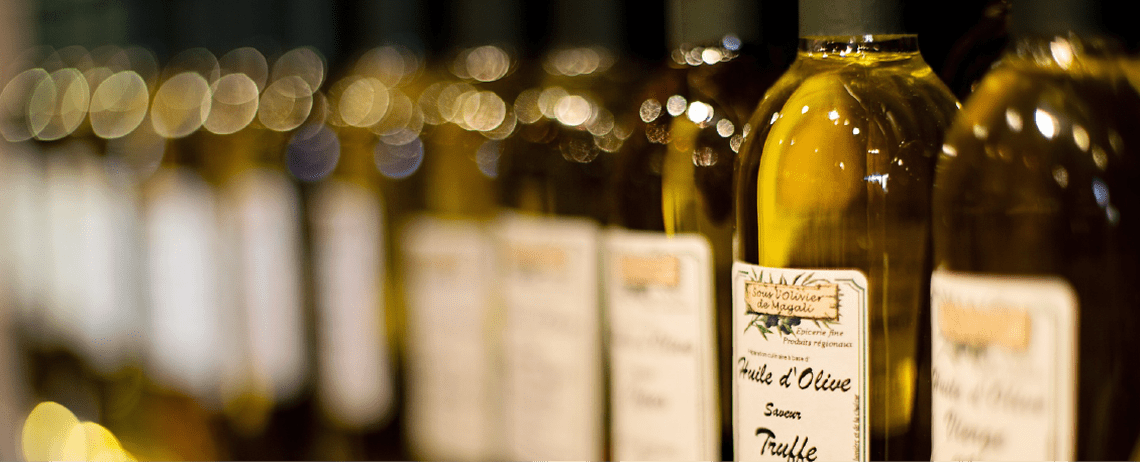Could You Be Falling Victim to Food Fraud?
Industry Trends | By | 19 Aug 2016 | < 1

We buy our food products blindly believing the package is telling us the truth. What if we told you they weren’t, and doing so deliberately. Food fraud is the deliberate mislabeling of food products for financial gain. The United States Pharmacopeial Convention (USP) reports a 60% increase in the number of food frauds detected in 2013. Food fraud culprits pack ingredients that could be harmful to our health into our everyday foods more often than you’d think.
Food Fraud
Passing off fraudulent food for the real deal is not a new concept. In the Middle Ages when the price of imported spices increased, merchants would regularly add seeds, stones, or dusts as a substitute for spice. Dirty water, chalk or plaster are common dilutions in milk.
As barbaric as that sounds, fraud to this extreme is still going on today. Next time you’re in the grocery store, look out for milk, olive oil, honey, and saffron among others. These products are the most common fraudulent food products that have been tampered with. They’re also some of the most common ones found in your pantry!

What are agencies doing to prevent food fraud? To help keep track of reported incidents, the US Pharmacopeial Convention (USP) created a database. These databases can help decrease food fraud by informing consumers, retailers, and manufacturers. In 2015, the US government announced it was implementing a system to track the fraud occurring in the seafood industry.
Remember, buy whole foods when you can and shop at trusted farmers markets. Food fraud incidents will continue to occur if we don’t understand where our food comes from.
Important Notice
The information contained in this article is general in nature and you should consider whether the information is appropriate to your specific needs. Legal and other matters referred to in this article are based on our interpretation of laws existing at the time and should not be relied on in place of professional advice. We are not responsible for the content of any site owned by a third party that may be linked to this article. SafetyCulture disclaims all liability (except for any liability which by law cannot be excluded) for any error, inaccuracy, or omission from the information contained in this article, any site linked to this article, and any loss or damage suffered by any person directly or indirectly through relying on this information.





